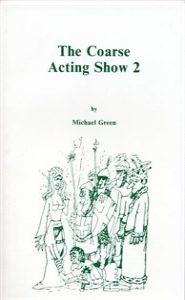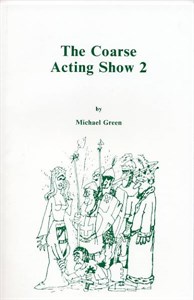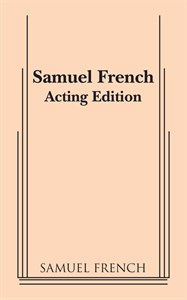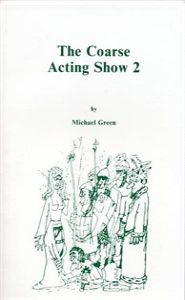
Streuth
- Short Play, Comedy, Present Day, Contemporary
- 9M, 3F
- ISBN: 9780573000089
Contained in the volume Four Plays for Coarse Actors in which the plays are presented as parodies of four dramatic styles.
More information
Description
- Short Play
- Comedy
- 30 minutes
- Time Period: Present Day, Contemporary
- Target Audience: Appropriate for all audiences
- Set Requirements: Bare Stage/Simple Set
- Cautions: No Special Cautions
- Performance Group:
- Dinner Theatre, Community Theatre, High School/Secondary, Professional Theatre, Shoestring Budget, Blackbox / Second Stage /Fringe Groups, College Theatre / Student
Contained in the volume Four Plays for Coarse Actors in which the plays are presented as parodies of four dramatic styles, in the performance of which everything which can go wrong in a production, does so.
This is a crime story that not even Agatha Christie would have dared to write and it gets itself into such confusion that it is doomed, apparently, to perpetual motion: but the Coarse Actors struggle gamefully on throughout.
Apart from the essentials, the settings can be as simple or elaborate, as facilities permit.
This is a crime story that not even Agatha Christie would have dared to write and it gets itself into such confusion that it is doomed, apparently, to perpetual motion: but the Coarse Actors struggle gamefully on throughout.
Apart from the essentials, the settings can be as simple or elaborate, as facilities permit.
Premiere Production:
First produced at the Questors Theatre, Ealing, London, in November 1972.
Characters
- Casting: 9M, 3F
- Casting Attributes: Ensemble cast, Flexible casting



